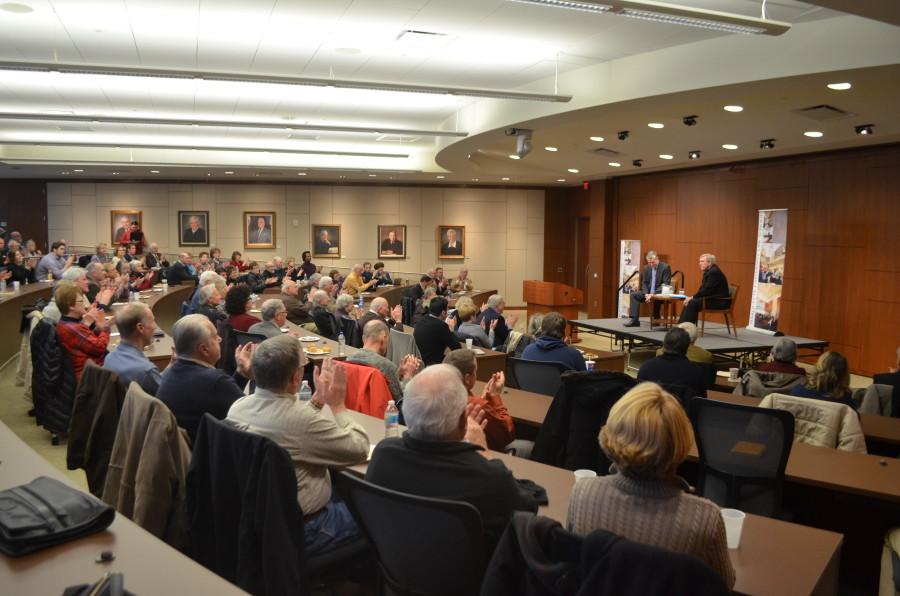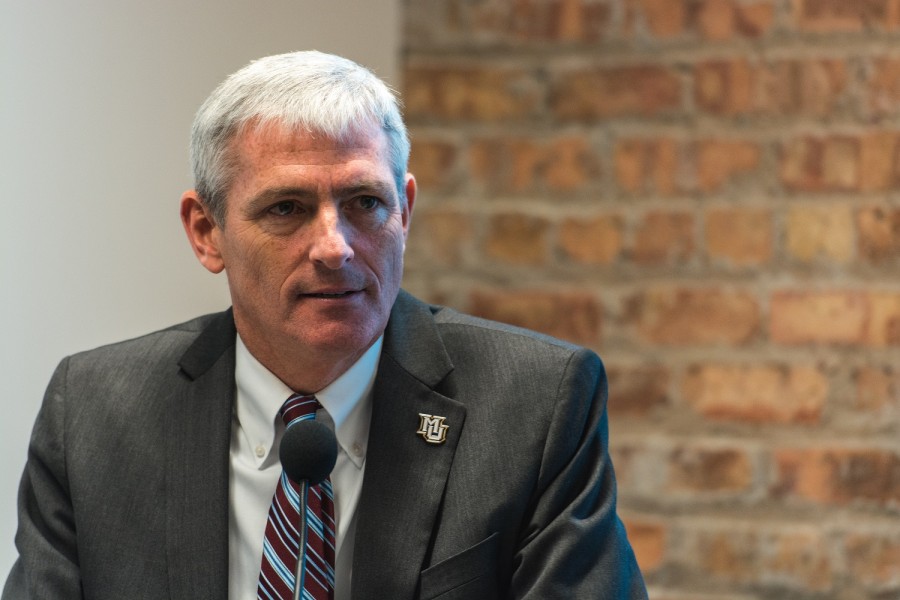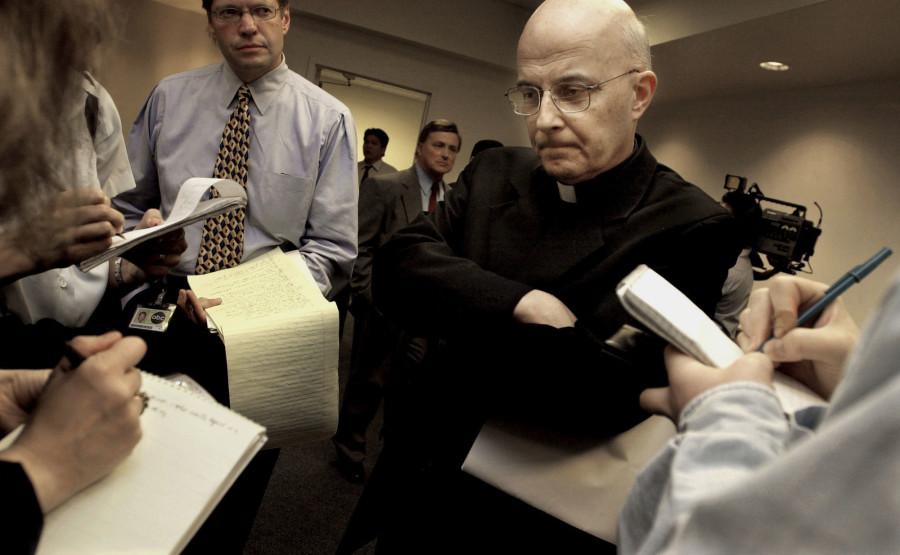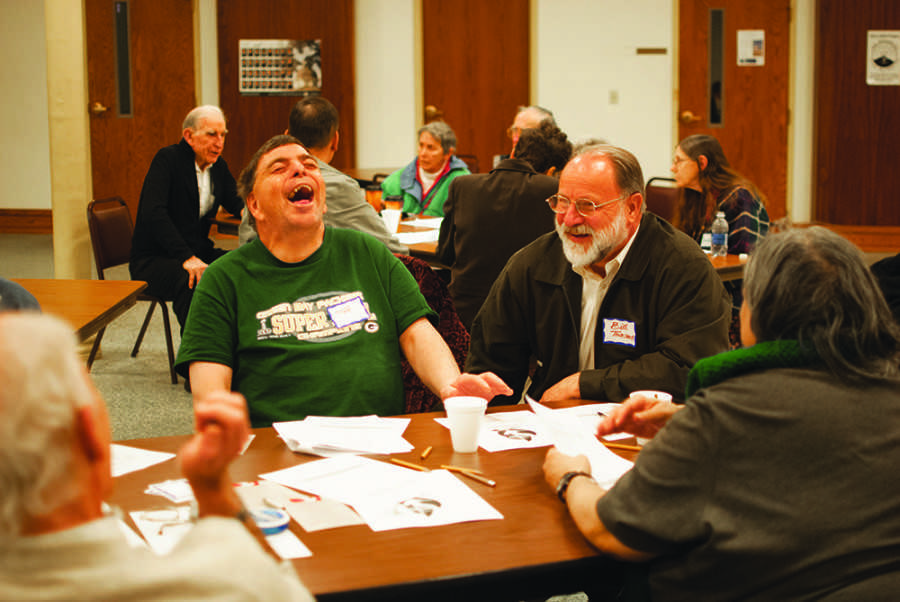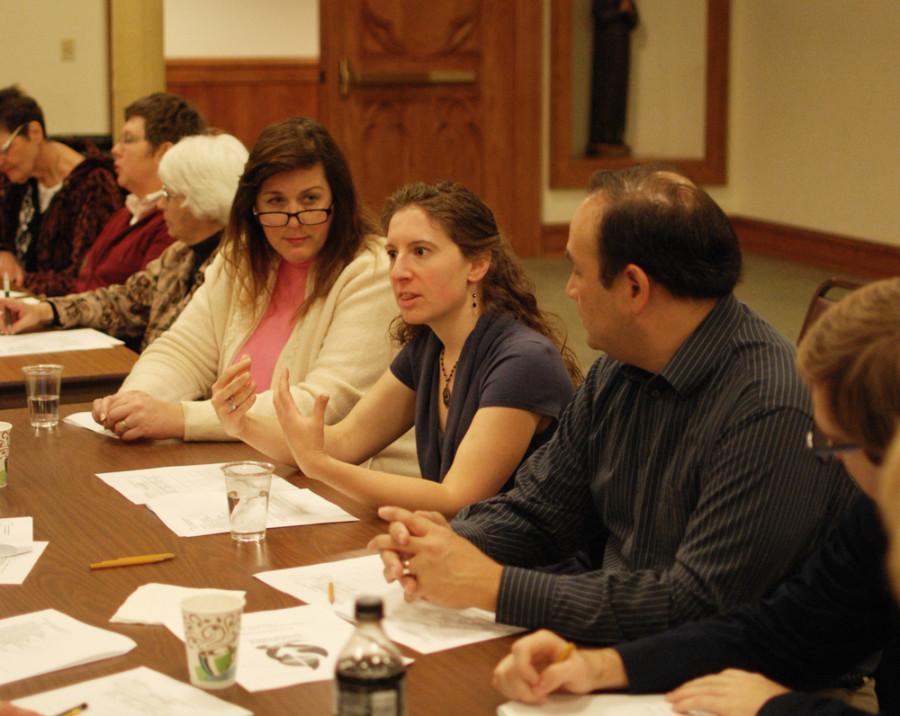As the Archdiocese of Milwaukee negotiates settlements with insurance companies to fund compensation for sexual abuse victims, it is enforcing safety regulations within its member churches to avoid any future scandals from occurring.
Jerry Topczewski, chief of staff of the archdiocese, said the archdiocese is being serious in its safety reform as it reflects and move on from the scandals. This includes barring any priest with a confirmed allegation of sexual abuse of a minor from serving in public ministry in the archdiocese.
“Children today are safer in the Catholic Church than any other institution in our society,” Topczewski said in an email. “All Church personnel and volunteers who work with children must undergo criminal background checks. Every priest, deacon, parish and school staff person and volunteer participates in mandatory Safe Environment training designed to educated people on the signs of sexual abuse.”
The Archbishop of Milwaukee, Jerome E. Listecki, filed for Chapter 11 bankruptcy Jan. 4, 2011 as a result of several instances of sexual abuse committed by former archdiocese priests against minors.
The archdiocese also filed a lawsuit against Stonewall Insurance Co. in November 2012, through which it may obtain insurance money that could fund appropriate compensation for the victims.
Three weeks ago, the archdiocese proposed a settlement with Stonewall Insurance that could end the bankruptcy and compensate the victims. Attorneys for the sex abuse victims rejected this proposal, saying the settlement decisions should involve victim-survivors.
The archdiocese also asked U.S. District Judge Rudolph Randa three weeks ago to postpone the lawsuit against Stonewall Insurance by 60 days.
“The archdiocese wants to fairly compensate victims/survivors with unresolved claims – both those with claims pending and those who will come forward because of this proceeding,” said a statement on the Archdiocese of Milwaukee’s official website.
Janine Geske, professor of law, said this case has been hard fought and complicated.
“It’s very complex, a lot of interest, a lot of lawyers. Not all of the survivors think the same and there are varying levels of abuse,” Geske said.
Geske said she sees the insurance case being settled sometime next year, but didn’t rule out the possibility of it going on for a few more years if no one can reach an agreement.
In moving forward after their misconduct, Geske stressed the importance of avoiding denial and cover-ups. She said she thinks compensation is important but the church has a responsibility to admit their wrongdoings.
“(The church should) acknowledge that there was not only harm done by the direct perpetrator but also by other members- ones that accuse victims of lying and bringing the church down,” Geske said.
As a part of her work in restorative justice, Geske hosted a discussion group with victims and other members involved in clergy sexual abuse incidents. That discussion was filmed and turned into a documentary called “The Healing Circle” that was released five years ago.
“(“The Healing Circle”) has been purchased by Catholics all over the world. Bishops in Australia, Ireland…this is not just an American problem,” Geske said.
Topczewski said the legal battles with insurance companies are just one step in the church’s reform.
“We’re pursuing every possible avenue to try and find a solution,” he said. “Trying to reach a settlement with the insurance companies-that’s one small piece of a much bigger issue.”


